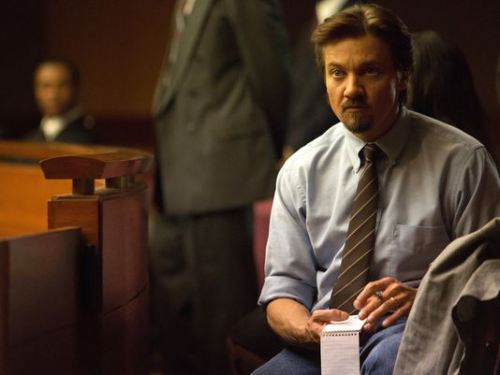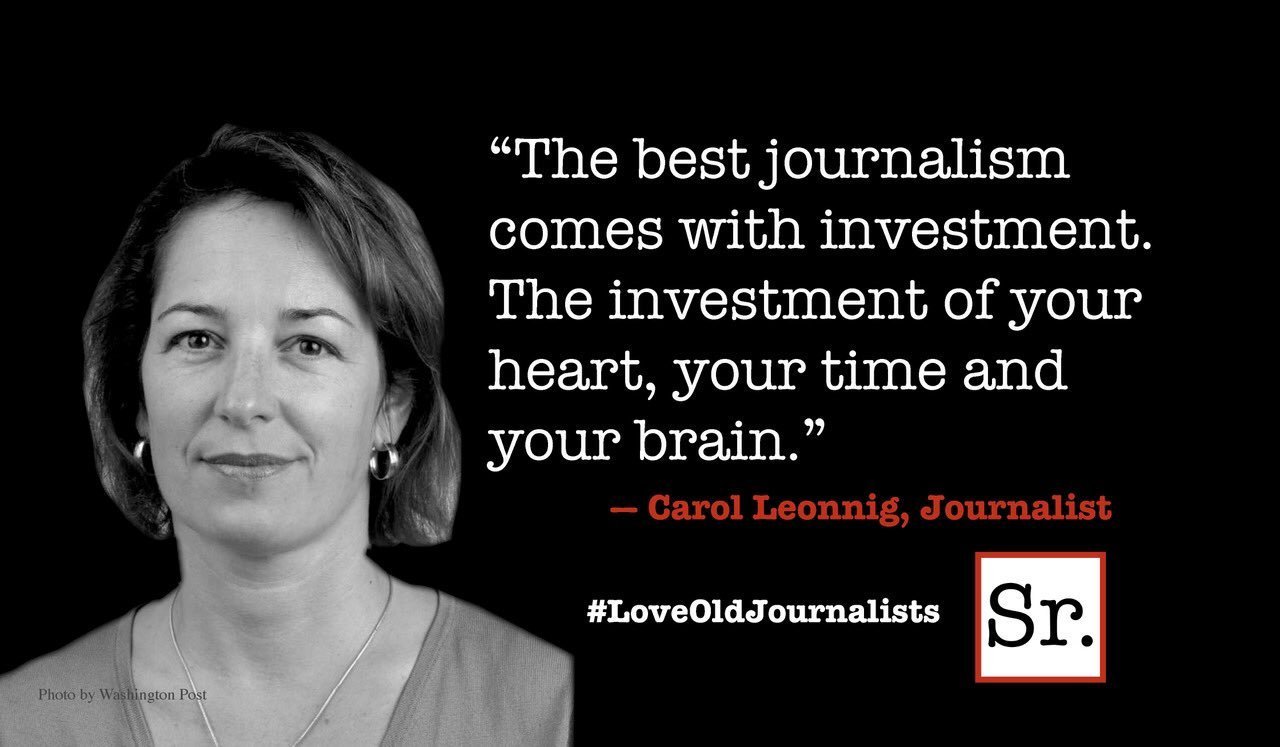Apart from featuring Jeremy Renner’s best screen performance since “The Hurt Locker,” the new film “Kill the Messenger” is noteworthy as a throwback to the good old days before around-the-clock cable news.
We’re talking about a time when the ink-stained wretches of the newspapers were widely viewed as, well, as kind of heroic.
Badly paid, sure, and probably morally reprehensible in matters of alcohol and other forms of hedonism. But these journalists happily clung to the idealistic notion that their job was to comfort the afflicted and afflict the comfortable, and in films like “All the Presidents Men” newspaper reporters shined a light on corruption and criminality.
“Kill the Messenger” is based on the career of Gary Webb, a reporter for the San Jose Mercury News who in the mid-1990’s, while covering the crack cocaine epidemic, stumbled upon a seemingly incredible story: To fund a rebel army battling the leftist Sandinista government in Nicaragua, the Contras had been smuggling countless tons of cocaine into the US. The ensuing scandal became known as “drugs for guns.”
Webb never alleged that the CIA was behind the program, only that the CIA must have known about the drugs and tolerated it.
In other words, during the same years that Nancy Reagan was telling America’s kids to “just say no,” our government was allowing a flood of dangerous drugs to inundate the country’s inner cities. Most of the victims of this scourge were black.
Written by Peter Landesman and directed by Michael Cuesta (a veteran of Showtime’s “Homeland”), “Kill the Messenger” starts out as a sort of journalistic procedural. Renner’s Webb stumbles across a secret government document that suggests a partnership between the government and a major drug trafficker. Then, through dogged research, interviews, and travel to Central America and Washington D.C., Webb puts together a story that will rock the country and win him major journalism awards.
Cuesta eschews Hollywood moments. “Kill the Messenger” is almost matter of fact in the way it stacks one level of revelation upon another, building a pyramid of conspiracy and deceit. It shows what what one doggedly determined reporter can accomplish.
But at what cost? After the publication of his series “Dark Alliance,” Webb became the target of a campaign to discredit him and his findings. Other newspapers — embarrassed at having been scooped by a much smaller publication — direct squads of reporters to look into the situation. Apparently their job was not to examine the CIA’s role in “drugs for guns,” but to pick holes in Webb’s story.
Webb’s personal life — he’s a lover of fast cars and motorcycles, a pot puffer, and once had an affair with a coworker that nearly wrecked his marriage — becomes fodder for the smear campaign. He is demoted to one of the Mercury News‘ suburban bureaus where he ends up writing about constipated police horses.
His relationship with his wife (Rosemarie DeWitt) and three kids begins unravelling, particularly since his new assignment requires him to spend most of each week in a motel room 100 miles away.
“Kill the Messenger” compares favorably to “The Insider,” Michael Mann’s 1999 based-on-fact drama about a tobacco industry whistleblower (to my mind, still Russell Crowe’s greatest performance). It allows Renner to cover just about all of the dramatic bases, but you never see him grandstanding. This is a wonderfully controlled performance depicting a basically decent guy who sees his world spinning out of control.
The film is packed with familiar faces — Robert Patrick, Mary Elizabeth Winstead, Paz Vega, Barry Pepper, Tim Blake Nelson, Oliver Platt, Andy Garcia, Michael Sheen, Richard Schiff, Ray Liotta — and in every case these professionals selflessly serve the story. Apparently everyone was willing to put their egos aside for this one.









